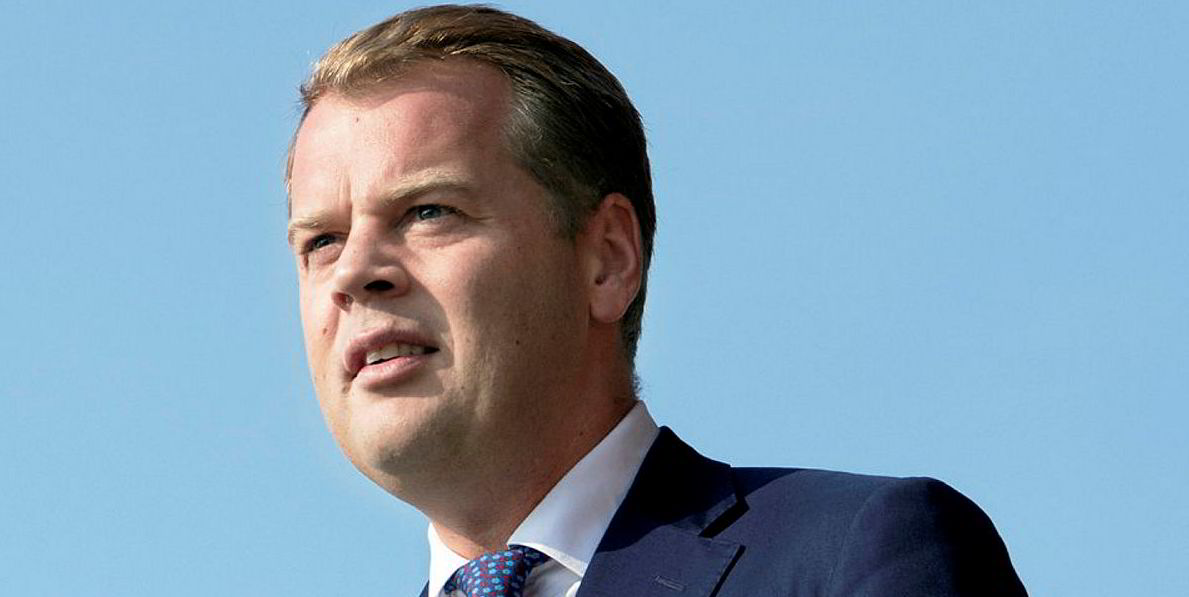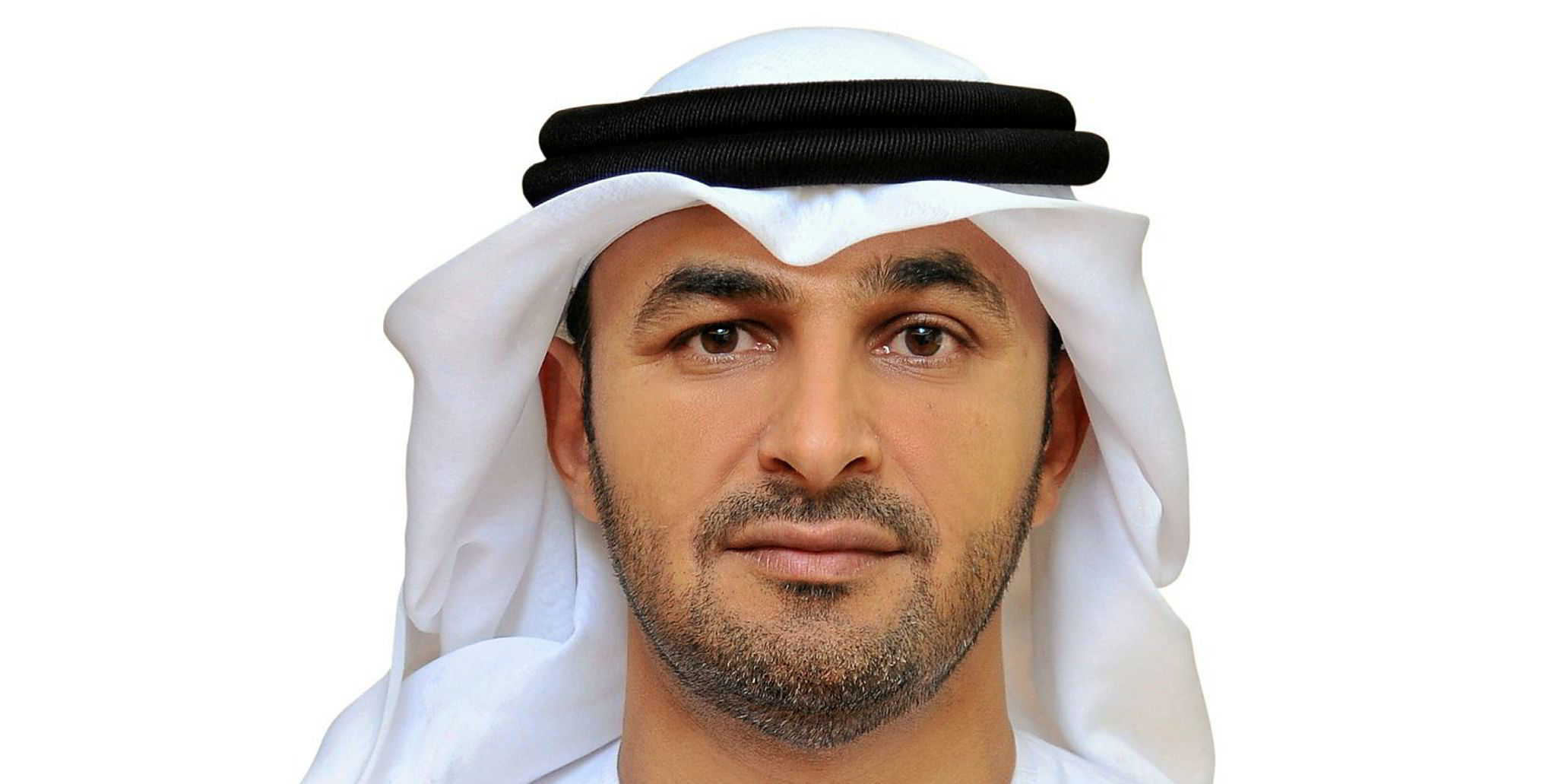Norwegian VLCC owner Hunter Group is considering share buy-backs and stock issues after taking delivery of its final newbuilding this month.
The Oslo-listed company, backed by investor Arne Fredly, said shareholders had authorised the board to acquire up to 10% of its own shares and issue new stock equivalent to 25% of its equity.
At its current Oslo market capitalisation of $233m, this could mean stock sales worth about $58m.
Chief executive Erik Frydendal told TradeWinds the thinking behind the authorisation is "flexibility — keeping all options open and available".
In terms of potential fleet expansion, he added the company has "no immediate plans except looking after our shareholders".
Fleet in full swing
Average daily earnings for the spot and time-chartered fleet were $76,340 per day in the second quarter, the company said.
The last of its seven new VLCCs was handed over by Daewoo Shipbuilding & Marine Engineering on 21 August.
Hunter confirmed the 300,000-dwt Hunter Frigg had been fixed for between six and eight months at a strong $40,000 per day, as TradeWinds reported earlier this week.
Brokers said the ship had been booked by US-based commodities player Koch Industries.
Hunter now has 83% of days in the third quarter fixed at an average day rate of $66,240.
Net profit in the second quarter was $18.84m, up from $1m in 2019, bringing the six-month result to $30.6m.
Revenue rose to $29.6m, from just $150,000 a year ago, after the VLCCs were delivered.
Matching Frontline
Norwegian investment bank Fearnley Securities said the result was in line with expectations, with spot earnings of $75,000 per day matching Frontline's figures also announced on Thursday.
"A clean quarter from Hunter," Fearnley added.
The company said that one of the advantages of having a "nimbly sized fleet" is flexibility to shift market exposure between the spot and time-charter market.
"Even with few vessels in their spot fixing window we were able to benefit from the strong market and lock in a substantial portion of our fleet at attractive rates through the TC [time charter] market," the shipowner said.
This has helped de-risk the balance sheet and secure steady cash flow in a highly volatile market, Hunter added.
Tanker supply 'very promising'
"With only two vessels left in the spot market, and with rates varying by as much as $100,000 per day from one day to the next, it becomes rather arbitrary whether you are in your fixing position at the peak or the trough of the market," the shipowner said.
"However, this risk is reduced as we enjoy spot fixture diversification through the TI Scrubber Pool, now counting 11 vessels and growing".
The company said it remains cautiously optimistic for the remainder of 2020 and for 2021, owing to the quicker than expected global oil demand recovery and a "very promising" tanker supply dynamic.
"Despite tanker rates and values currently at depressed levels due to land and floating storage destocking, we believe the correction will be short lived and not the beginning of a multi-year downturn, as is typically the case following periods of large stock builds," Hunter added.






